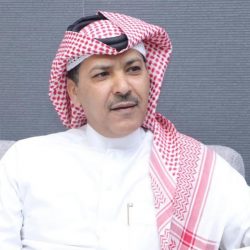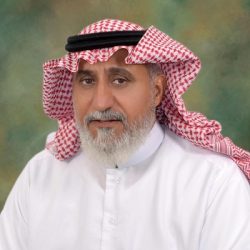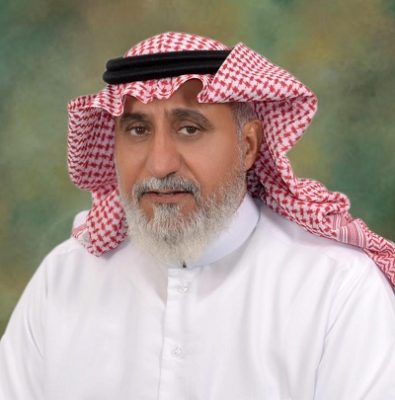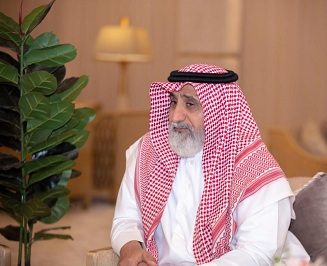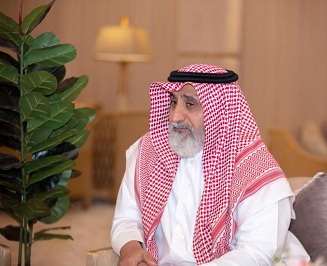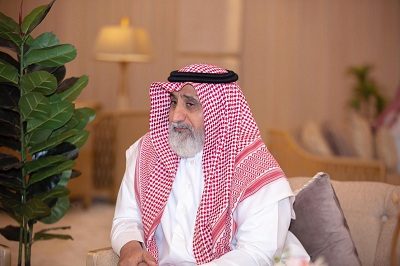Salam Veterinary Hospital project was established in The Salam Veterinary Group in Buraydah city in Qassim region, Saudi Arabia, at the expense of the well-known businessman/ Fahad bin Suleiman al-Fahad at an estimated cost of more than 135,000,000 million riyals with a total area (70,000 square meters), with a capacity exceeding (40,000 camel). It aims to contribute to the development of the animal renaissance witnessed in the Kingdom through the comprehensive veterinary medicine of camels of various kinds, and to prepare research and applied studies that contribute to the development of this promising range. As well as, to serve the environment and society in various veterinary fields, which range from diagnosis to analysis and anatomy. The project aspires to be a pioneer in this field and a global reference and a key anchor for camel owners and camels in the field of animal health under the direct supervision of the Prince of the region, HRH Prince Dr. Faisal bin Mashal bin Saud bin Abdulaziz Al-Saud which is the first catalyst for businessmen and the first supporter in the region for sustainable development initiatives that contribute to achieving the kingdom's 2030. In light of the great support received by camel festivals from the government of the Custodian of the Two Holy Mosques and his Crown Prince - May God bless them -, and with the follow-up of his Excellency the Minister of Environment, Water and Agriculture, Eng. AbdulRahman Bin Abdul Mohsen Al Fadhli, which contributes an effective national contribution to everything that is in line with the great development of the camel sector. The project comprises multiple and specialized departments, including four therapeutic departments in specialized clinics such as internal and chronic diseases, internal clinics and infectious diseases, surgical clinics, radiology and endoscopic unit, observation and intensive care unit. It also includes five central laboratories equipped with veterinary staff, a specialized department for embryo transfer and infertility treatment, as well as a research center to work on improving the work of the breed unit. The hospital also includes emergency departments, diagnostic facilities, private laboratories, meeting rooms, educational and research laboratories, as well as a conference room. It also has state-of-the-art operating rooms, sterilization rooms, maternity rooms, veterinary pharmacy, radiology rooms, dressing rooms, autopsy and cooling rooms, animal screening and animal detention ward. In addition to, autopsy and laboratory, animal receiving and delivery area, doctors' rooms, tracks for animal suspension and transportation and loading docks, and a cafeteria for reviewers. The hospital is expected to provide diagnostic and therapeutic services at a fee that is accessible to all, including various types of camel cases, as well as global leadership in veterinary and embryo management and breeding. Also, providing advice in the field of immunization and prevention of infectious diseases, and providing advice and guidance in the best ways to avoid diseases transmitted from the animal or its products to humans. In addition, to the follow-up of animals that need continuous follow-up such as pregnant and small babies, the hospital will provide all the hopes of the owners of camels and camels in general with the best technology. Moreover, microbiology and genetic placement factories, improved breeds and production. Also, mobile veterinary clinic, equipped with all the necessary medical devices and veterinary medicines and guided leaflets, contributes effectively to the follow-up, treatment and ambulance of camels participating in national events and festivals. Since scientific research is one of the most prominent features of the present day, and even one of its greatest duties, as one of the main pillars of the work of scientific, research and experimental laboratories,Salam veterinary group officials have been interested in the research process by establishing a specialized research center focused on the field of scientific studies in various fields and veterinary disciplines. On this precious occasion, we congratulate everyone on this pioneering project and hope that it will be followed by several future projects that will contribute to the rise of the country in international forums.
Written by Dr. Khalid Abdullah Al-Torki Associate Professor at Qassim University

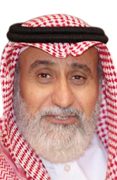
 (
( (
(